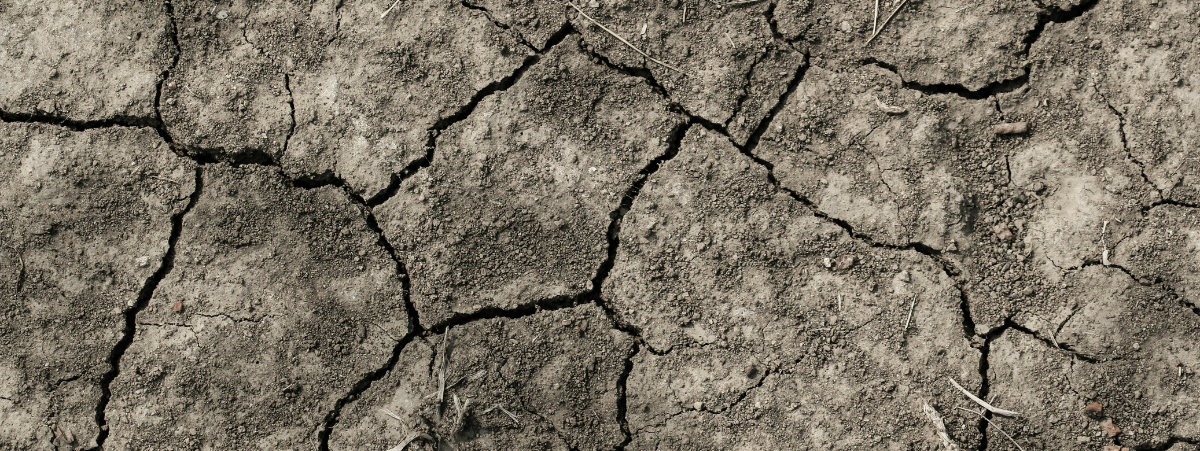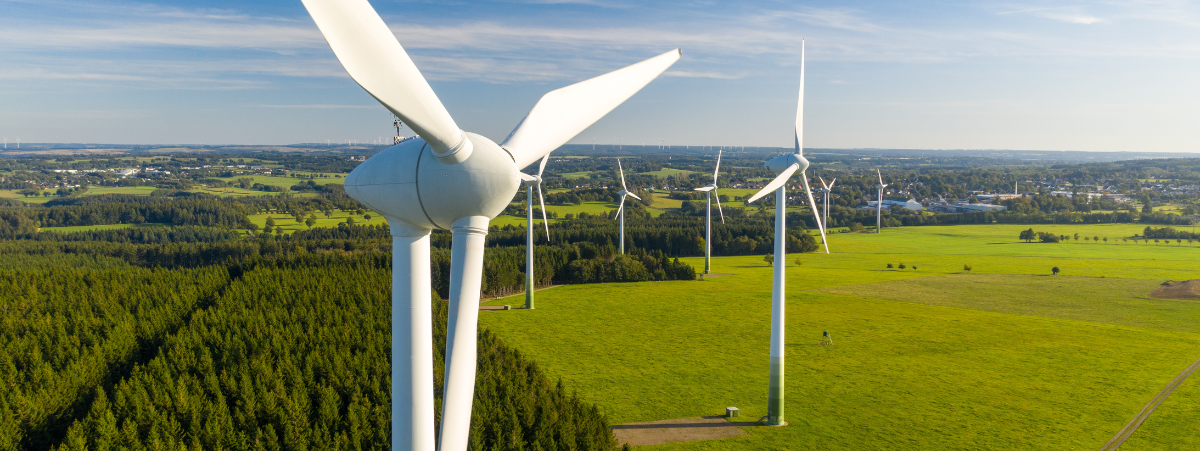ClimateTrade and Terrasos to jointly promote Voluntary Biodiversity Credits to bolster Habitat Banking and support effective biodiversity conservation.
- The Bosque de Niebla-El Globo Habitat Bank in Colombia is the first in the world dedicated to the conservation of remaining native species in the High Andes
- Voluntary Biodiversity Credits can be acquired both by individuals and by companies looking to generate a positive and effective contribution for the conservation of threatened ecosystems and general biodiversity
- It is now possible to purchase Voluntary Biodiversity Credits generated from El Globo Habitat Bank through ClimateTrade, with each credit corresponding to 30 years of conservation and/or restoration of 10m2 of the Bosque de Niebla, home of threatened species such as the spectacled bear (Tremarctos ornatus), which is currently classified as “vulnerable”, the yellow-eared parrot (Ognorhynchus icterotis), and the black-and-chestnut eagle (Spizaetus isidori), two endangered bird species.
Valencia and Medellín, May 20, 2022: On the occasion of International Day for Biological Diversity, ClimateTrade, the first blockchain-based climate marketplace and Terrasos, Latin American leader in the development and operation of biodiversity conservation and habitat banking projects, have joined forces to promote the conservation of highly endangered ecosystems through the commercialization of innovative Voluntary Biodiversity Credits (VBCs). VBCs allow companies to meet their decarbonization and digitization targets while becoming “nature-positive” by aligning their operations with biodiversity and ecosystem conservation.
The latest UN Environmental Program (UNEP) Adaptation Gap Report concluded that even though three out of four countries currently have adaptation plans in place for the current climate and health emergencies we are facing, the financing and implementation of these actions are much below what is necessary. This is even more the case when the plans don’t include a strong focus on conserving nature and biodiversity. Today, less than 17% of the planet’s natural areas are protected, and biodiversity is experiencing an unprecedented global decline, with an extinction rate over the past 50 years 1,000 times higher than what is considered normal.
There are no longer any excuses not to protect biodiversity, particularly now that we have experienced first hand one of the dramatic impacts of its loss: zoonosis pandemics such as COVID-19. According to a paper published in Nature, it would have been possible to avoid the pandemic through an inversion of US$31 billion into measures including biodiversity protection. Instead, the economic cost of the pandemic – without even considering the terrible human cost – has been close to US$15 trillion.
Based on this, it is urgent and mandatory to focus not just on biodiversity conservation, but also on its effective restoration, to comply with natural conservation goals and the international targets included in the 2030 Agenda and the Paris Agreement. It is also necessary for an efficient, just and inclusive recovery post-COVID-19.
Habitat Banking by Terrasos
Terrasos’ Habitat Banking Projects, backed by the Inter-American Development Bank’s (IADB) Natural Capital Lab, are nature-based solutions through which measurable biodiversity gains can be achieved, thanks to a payment for ecosystem services mechanism that allows projects to achieve efficiency and quality in their conservation actions. Additionally, Habitat Banking promotes local economic development and adaptation to climate change, which makes them a great solution to achieve resilience in the face of our current planetary crisis.
ClimateTrade’s Distributed Ledger Technology (DLT) makes it possible to overcome various conceptual and technical obstacles around the sale of VBCs, such as the lack of consensus on how to treat intervention or responsibility around nature conservation between communities, NGOs, governments and companies. It also adds clarity around the rules of the Protocol for the Emission of Voluntary Biodiversity Credits (Beta version) developed in the context of the Partnership for Forests to overcome the lack of trust resulting from years of misallocation of ecosystem and forest conservation financing going to the all-powerful voluntary carbon market.
The Protocol for the Emission of Voluntary Biodiversity Credits (Beta version) is an open-access document led by Terrasos, looking to promote exceptional conservation projects by clarifying the requirements for their design and implementation, as well as the mechanisms for the registration, measurement and emission of Voluntary Biodiversity Credits from areas with great ecological value in a sustainable and permanent way.
The Bosque de Niebla – El Globo Habitat Bank, also called the Spectacled Bear Habitat Bank, is the first of its type to emit Voluntary Biodiversity Credits, each corresponding to 10 m2 of forest in the Bosque de Niebla preserved and/or restored for 30 years. This is a high-priority ecosystem for conservation, since it provides important ecosystem services related to water management, carbon sequestration and nutrient cycles. This particular conservation initiative involves a 345 hectare forest extension, home to more than 290 bird species, 32 types of reptiles and 76 mammal species. Among these, 71 are endemic species and 20 are currently endangered. More than 6 water sources spring from the Bosque de Niebla, supplying local aquaducts and headwaters that are key to local development. As a water hotspot and large ecological corridor, this Habitat Bank is crucial for climate change adaptation and mitigation.
Measurable biodiversity gains
The purchase of a VBC is a way to give back to nature and ensure positive impacts for 30 years, since each credit represents 30 years of measurable biodiversity gains in this conservation project. For this Habitat Bank, ech VBC is priced at US$30, corresponding to 10 m2 of forest.
Francisco Benedito, Co-Founder and CEO, comments: “Biodiversity credits, which represent long-term initiatives, will be a game changer for biodiversity conservation. By being truly focused on generating longlasting and permanent results, they allow companies to understand, for instance, the real cost of digitization, which requires large quantities of minerals, affecting ecosystems and biodiversity. Knowing and accurately understanding the additionality of conservation will also generate trust among the impact investment community, which will be able to provide more funding to SMEs and conservation NGOs.”
About ClimateTrade
ClimateTrade is a blockchain-based climate marketplace facilitating carbon offsetting and decentralized climate finance. On the ClimateTrade platform, companies looking to offset their carbon footprint get direct access to climate-regenerative projects around the world. These projects have full control over the sale of their carbon credits, and all entities benefit from the transparency and traceability provided by blockchain technology. ClimateTrade also offers an API and a Widget to allow companies to offer carbon-neutral products and services directly from their own platform.







